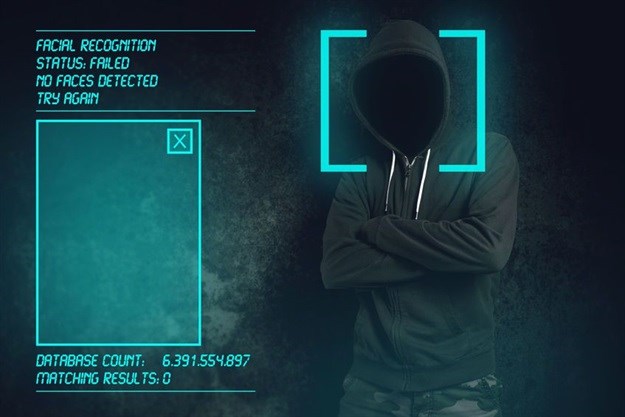
“In our ever-increasing digital age, we are finding that we need to work even harder at governing and protecting data and information,” says Philip Yazbek, industrial psychologist at consulting firm Bizmod. “How we govern and protect starts with who and how we access data and information.
“The global cyber-attack that hit 150 countries worldwide (South Africa included) in May should be a wake-up call to not only organisations but to our government agencies as well, confirming that our information security is still very vulnerable.
“Organisations can have all the necessary firewalls and security controls in place, but if they are not controlling and monitoring IAM, they are leaving the doors open for cyber criminals.”
He cites recent cyber security research that reveals some startling information.
“Employees move around in an organisation; they may move across roles or up in the ranks and by doing so accumulate access rights along the way. It may even become a form of entitlement to be a super-user with avant-garde access.
“In the past, before the advent of smart devices, cloud networking and VPN access, IAM was simpler because systems were mainly computer based and were easily controlled in closed networks. Now, people are connecting on different platforms – PC, mobile devices to the cloud – and various operating systems (Android, IOS, Microsoft), so the architecture has had to evolve to cater for this, making IAM and how it is governed more complex.
“While we assume that people have the integrity to not abuse their privileges and only use the access they need, the onus is on the organisation to ensure this is controlled,” concludes Yazbek.